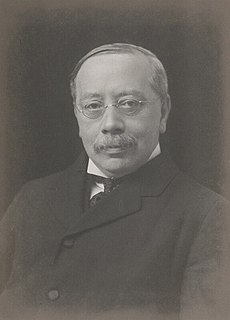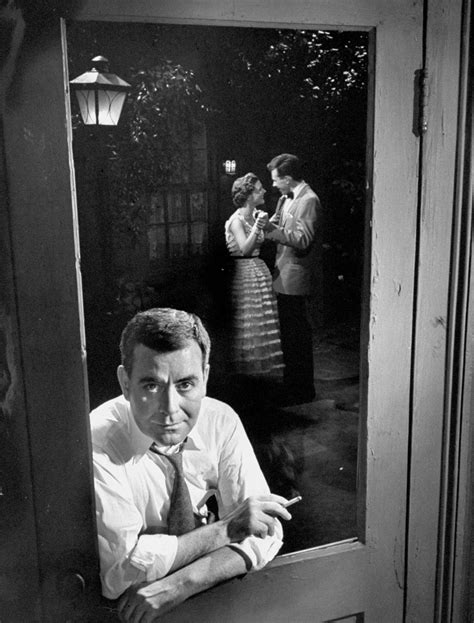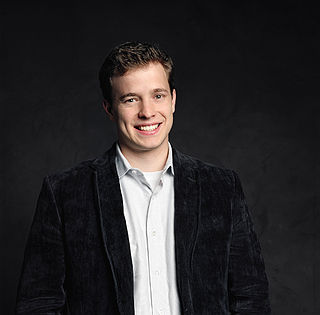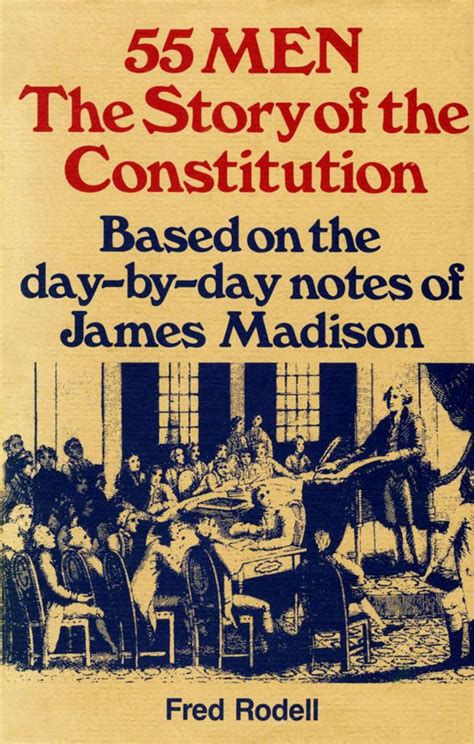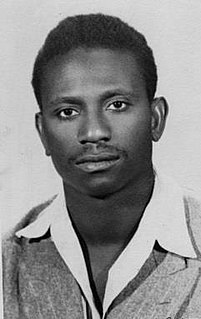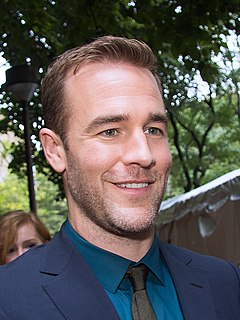A Quote by T. F. Tout
We investigate the past not to deduce practical political lessons, but to find out what really happened.
Related Quotes
It is a mistake to think of these men as visionary dreamers, playing around at Philadelphia with abstract conceptions of political theory, pulling a whole scheme of government out of the air like a rabbit out of a hat. True, many of them had read and studied enough about the science of politics to put the average statesman of today to shame. But political science was to them an extremely practical topic of discussion, dealing with the extremely practical business of running a government--not, as today, a branch of higher learning reserved for the use of graduate students.
